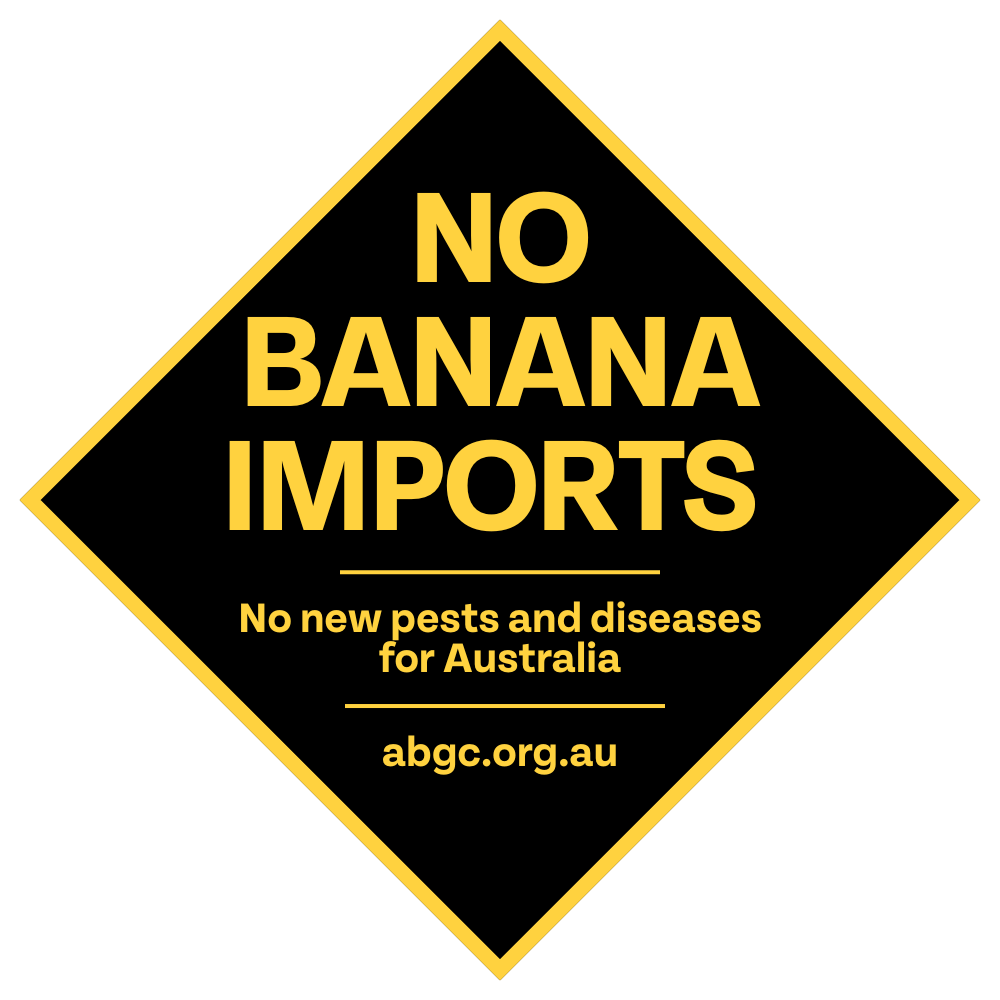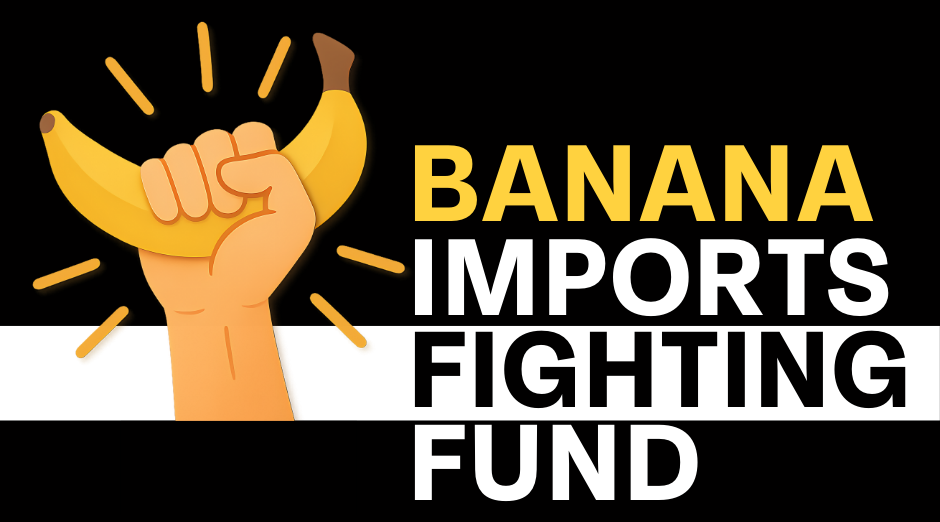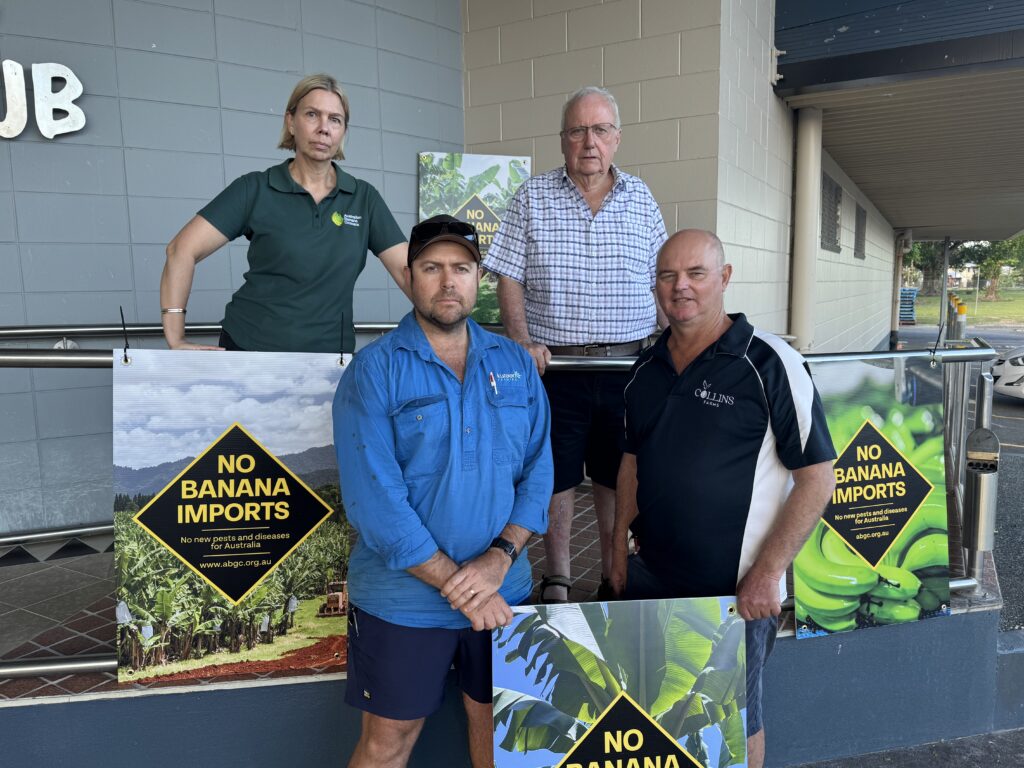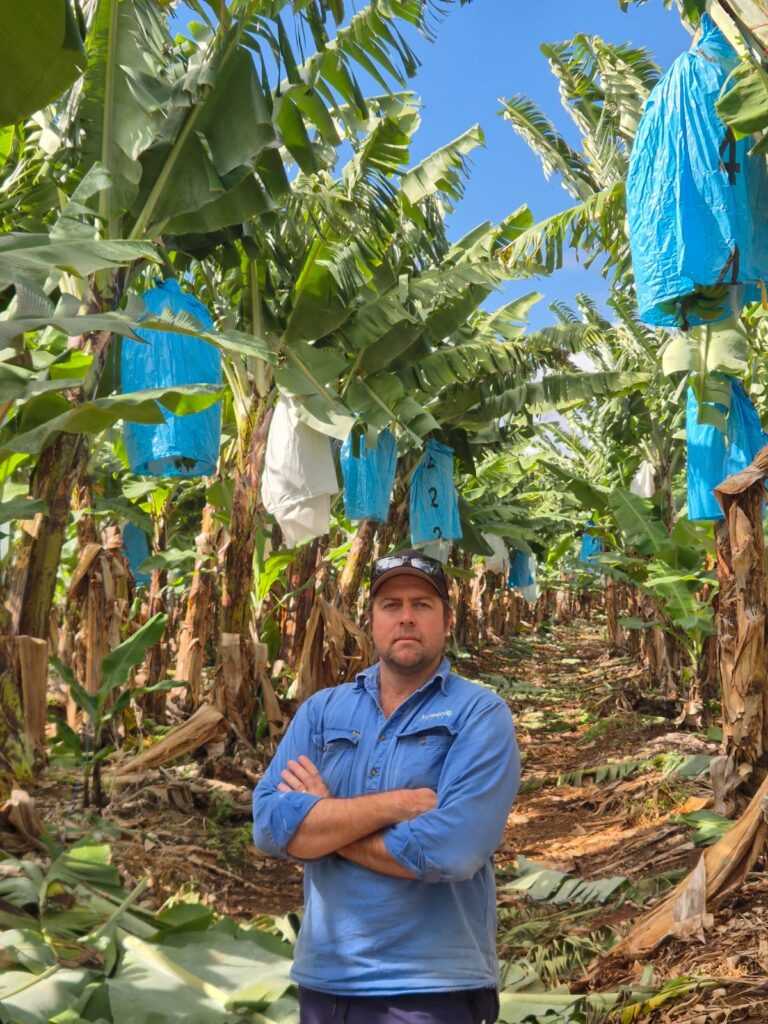Protecting Australia’s Banana Industry
The Federal Department of Agriculture, Fisheries and Forestry (DAFF) has announced a review of quarantine arrangements following a formal request from the Philippines to allow fresh banana imports into Australia.
The Australian Banana Growers’ Council (ABGC) strongly opposes this proposal. Imports are unnecessary and pose unacceptable risks to our growers, our industry, and our communities.
Contact: [email protected]

Latest News
February 2026
Find out more about the Banana Imports Committee and its current chair, Paul Inderbitzin – and why the Banana Imports Fighting Fund is crucial to the No Imports campaign.
The Banana Imports Committee was formed to counter the threat of banana imports from the Philippines. It was formed prior to the last campaign (early 2000s) and has continued to work in the background to ensure industry was best-placed should the issue arise again – and of course, it now has.
It works alongside the Australian Banana Growers’ Council but is an entity in its own right.
Essentially, this dedicated committee exists only through the support of growers, industry partners and the ABGC. That’s why support of the Banana Imports Fighting Fund is crucial. It allows for the committee, and other relevant experts, to invest in the future of the Australian banana industry.
The BIC executive form the core group of decision makers but also draw on relevant subject experts, solicitors, researchers and political advisors as needed. These external parties are carefully chosen and represent leaders in their fields, to ensure the Committee can make the best possible decisions for industry.
The committee welcomes thoughts, ideas and suggestions from growers and other industry stakeholders. Reach out to [email protected]
Ultimately, the Banana Imports Committee aims to stop banana imports.
It is currently focussed on mounting the industry’s case against the potential import of bananas from the Philippines (the imports risk assessment is ongoing).
The Committee draws on science to demonstrate that the risk to Australia’s world-class biosecurity standards is simply too great. The Australian banana industry is free from many of the world’s most devastating pests and diseases – BIC exists to help industry keep it that way.
Goals:
- Raise awareness of the biosecurity risks posed by importing bananas
- Generate and coordinate support from industry, government, community and consumers
- Stand ready to provide an informed, science-backed response to the Draft Imports Risk Assessment, expected late 2026 or early 2027, on behalf of industry.
- Ensure a sustainable, profitable future for Australia’s banana growers by stopping imports.
The Committee executive are:
- Paul Inderbitzin, BIC chair Lakeland grower
- Leon Collins, ABGC chair, Tully / Lakeland grower
- Leanne Erakovic, ABGC CEO
Paul is a banana grower from Lakeland in Far North Queensland. Part of a multi-generational farming family, Paul has demonstrated a long-term commitment to improving outcomes for the banana industry while running his successful farming business.
Paul’s passion for this cause is deeply personal. Like banana farming families across the country, the risks brought on by imports threaten his family’s legacy and their livelihood in the future. Committed to fighting this cause with strategy and science, he’s got skin in the game spurring him on.
Paul’s knowledge of farming, media experience and qualifications make him a valuable and effective advocate.
A snapshot of Paul’s achievements:
- Third-generation banana grower
- 2013 Nuffield Scholar, completing his study in biosecurity and waste reduction
- Former director, Australian Banana Growers’ Council
- Former chair, Australian Banana Industry Congress
- Finalist, Charlie Nastasi Horticultural Farmer of the Year
This campaign is informed by the success of the last campaign, and the lessons learnt along the way.
However, the political, media and industry landscape is very different in 2026 to what it was some 20 years ago.
The Imports Committee has a clear but flexible strategy designed to maximise impact. There will also be plenty of opportunity for growers to get involved, via events, support and merchandise in future. ABGC and BIC will promote callouts to growers at opportune times throughout DAFF’s review process, as part of the ‘No Banana Imports’ Advocacy Strategy.
January 2026
As of 1 January, the Banana Imports Committee is accepting voluntary contributions to the BIFF (Banana Imports Fighting Fund) at 0.5c per kilogram (half a cent).
Funds go directly to marketing, advocacy, research and expertise for this cause.
Your voluntary contribution will help us execute our science-backed argument, through lobbying, targeted research, communications and more. Already our efforts are paying off, with public support from several high-profile politicians, widespread media coverage and the inclusion of a banana farming expert as part of a technical team visit to the Philippines.
Paul Inderbitzin, Banana Imports Committee chair

December 2025
12 December
Features in Australian Bananas magazine:
What you can do now
- Make sure you’re signed up to ABGC communications. Send an email to [email protected] if you’re not receiving e-bulletins, SMS updates or magazines.
- Become an ABGC Member. Don’t start 2026 on the sidelines! Make sure you’re part of the action and receiving exclusive updates on ABGC advocacy.
- Write to your MP. Growers are encouraged to send a letter to Members of Parliament to express their concerns. Download a template below.
- Contribute to BIFF! From 1 January, the Banana Imports Committee will be accepting voluntary contributions to the BIFF, at 0.5c per carton (half a cent).
WRITE TO YOUR MP
Growers are encouraged to use this letter template and send it to Members of Parliament to add even more weight to ABGC’s already intensive lobbying initiatives.
Past events | UPDATES
9 December: E-bulletin update about bringing back the BIFF (Banana Imports Fighting Fund)
21 November: E-bulletin update (National Agriculture Day) and Media Release
7 November: E-bulletin update
13-16 October: Information sessions held by DAFF. Read more here
8 October: National Banana Day. Read ABGC’s media release
24 September: ABGC industry meeting. Read the factsheets provided here
16 September: Federal Department of Agriculture, Fisheries and Forestry makes the announcement. Read ABGC’s media release


